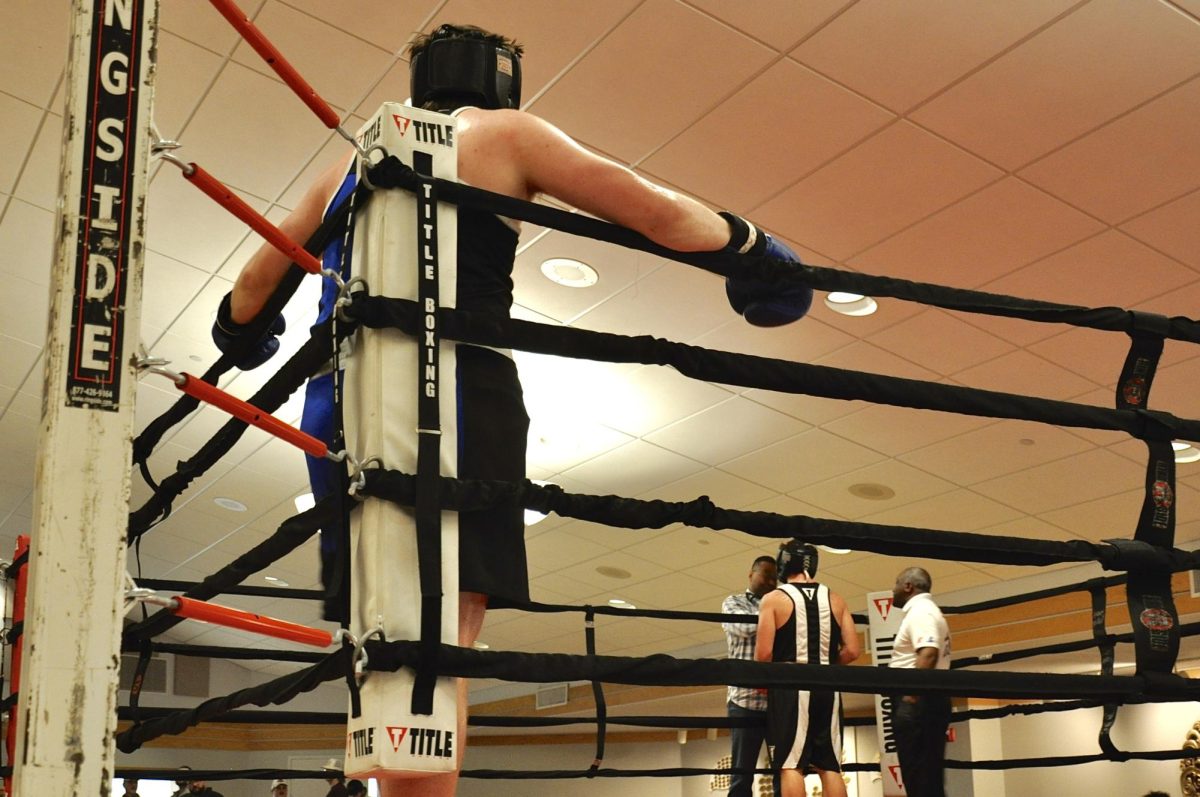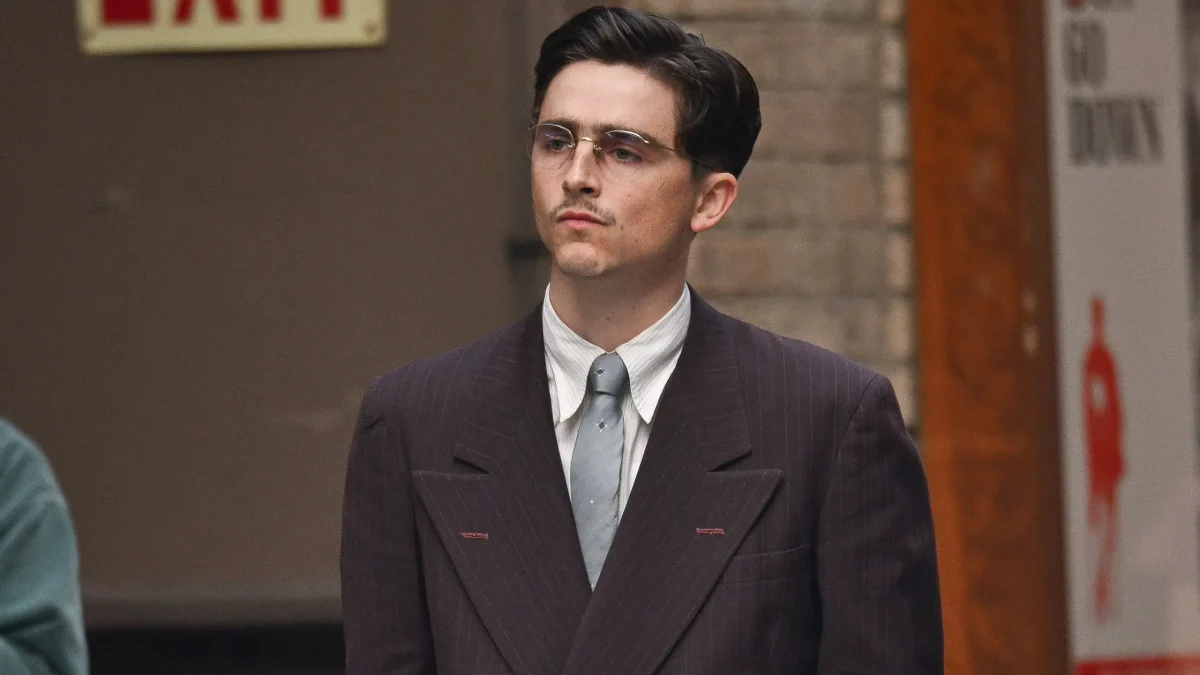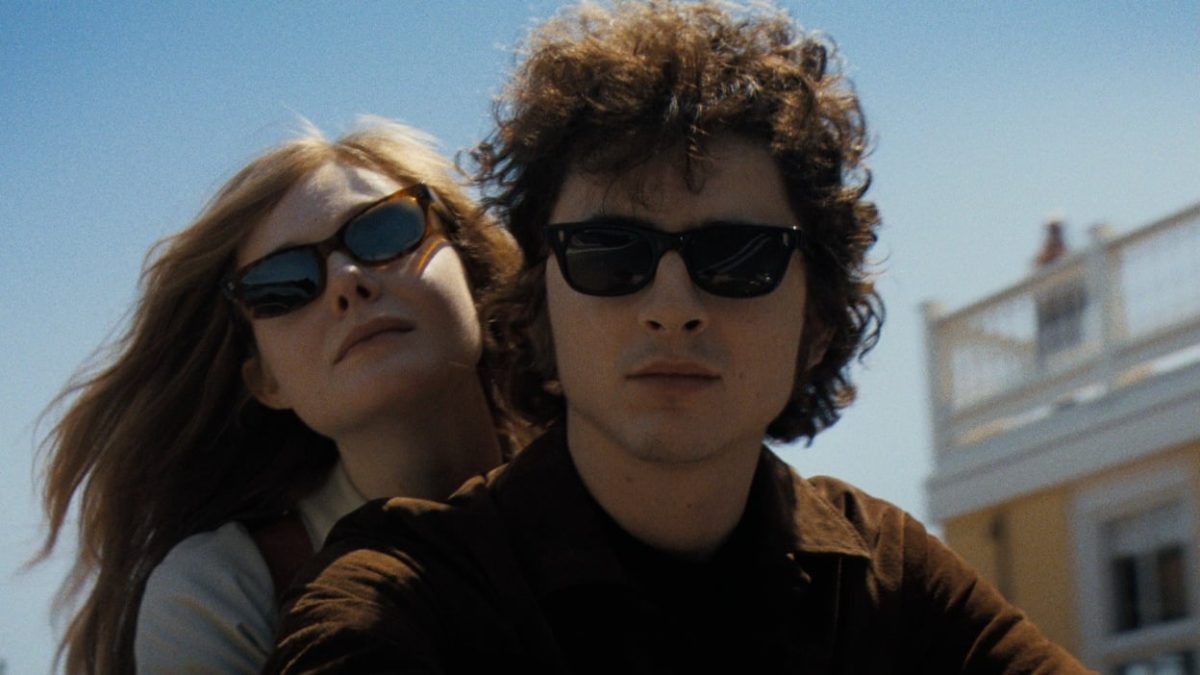After I first listened to folk singer Jackson Browne’s “Lives in the Balance,” I assumed he was either a conspiracy theorist or, given the pan flute played throughout the song, a Native American criticizing the nation’s colonial past. However, these mostly serve as a background for the issues that the song addresses.
I first heard the song around the summer of 2000 while I was taking a trip with my family down to an island in the Outer Banks. It was an exciting time, the first U.S. election that I actually paid attention to was taking place. At such a young age, I found the song amusing, but as it was a part of my dad’s vast collection of CDs, cassettes and records, I only heard it ever so often.
Three years later, I listened to the song again. The United States was three months into the Iraq War. The lyrics made more sense this time in light of events taking place over the past few years: the election was vitriol and would fan the flames of an impending culture war. Though the horror of Sept. 11 united Americans, the war in Iraq divided us, as was evident in the heated debates within my family over the war. The song seemed even more relevant, and the passionate lyrics struck a chord.
“They sell us everything from youth to religion, the same time they sell us our wars,” lyrics that characterize the cynicism I would feel about religion and the government in later years.
Being only 14, I spent most of this time as an objective observer, not really sure what people were arguing about. Still, I wondered to myself if these radical observers had a legitimate point. As disturbing allegations came out about the war, I learned that Browne’s song was inspired by his anger with the Iran-Contra conflict in which an undeclared war was illegally funded by the U.S. government in the ’80s. Browne actually had a point in his anger over American foreign policy. War is often unnecessary, and benefits a privileged few.
For me, this song was a gadfly for thought. Rather than making me feel unpatriotic, it spurred my interest in the way the world works and why the same mistakes keep getting made.
At the same time, learning about the acts of my government during the cold war and war on terror did not cause me to feel powerless, nor did it change my fundamental thought on human nature and what it means to be an American. Instead, this song was my conversion from blindness. It made me ask the question eloquently raised by Browne toward the end of the song.
“I wanna hear someone asking them why. They can be counted on to tell us who our enemies are, but they are never the ones who fight to die.”
Windmills of My Mind is a column written by a different contributor every week on memories about a film, book, play, song, or piece of art. Interested in writing one? E-mail the editor at [email protected].









